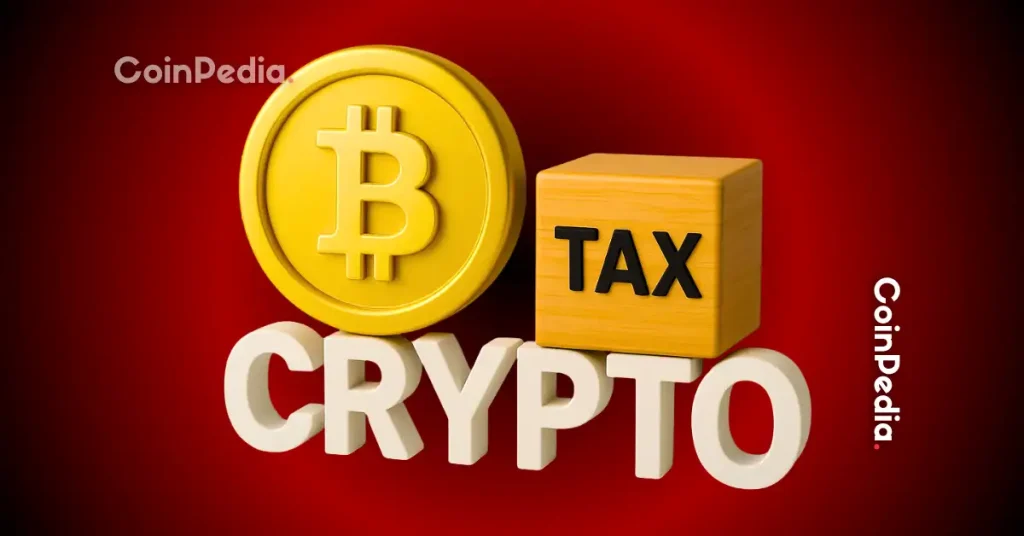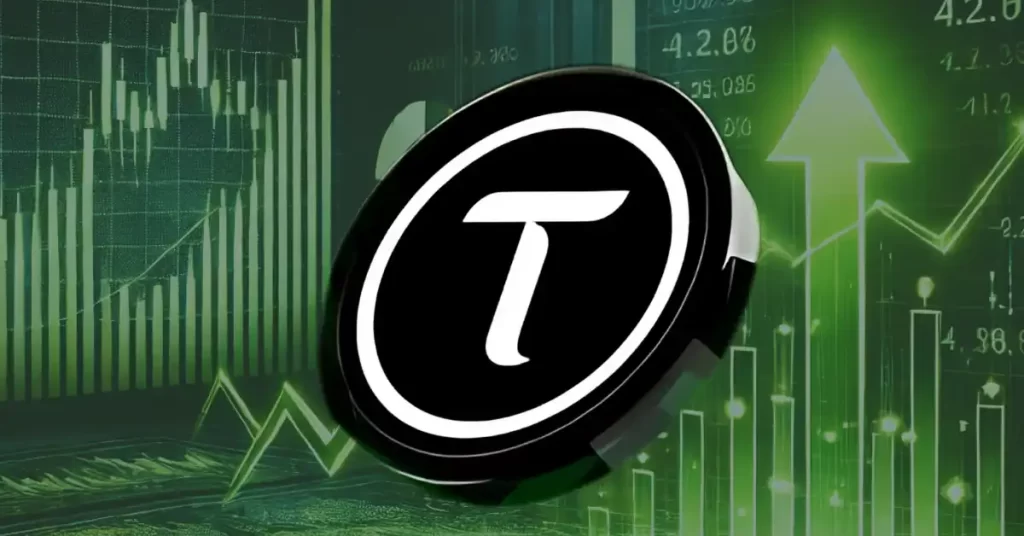Solana-based decentralized exchange aggregator Jupiter has officially released Ultra v3, dubbing it “the most advanced end-to-end trading engine ever created.” The new edition represents a significant overhaul in how traders exchange assets within Solana’s burgeoning DeFi universe.
According to Jupiter’s team members, Ultra v3 offers up to 34 times better sandwich protection, superior slippage control in the industry, and fees that are up to 10 times more cost-effective. Collectively, these enhancements are designed to provide users with more reliable trading and faster trade executions, especially during periods of peak network usage.
Central to Ultra v3 is a new routing engine known as Iris, essentially a “meta aggregator” that searches and assesses prices from several platforms, including JupiterZ, DFlow, Hashflow, and OKX.
JupiterZ, the firm’s in-house Request for Quote (RFQ) system, is also central to the upgrade. According to the company, it processes about $100 million in daily trading volume with no slippage and will now be accessible only via Ultra v3. This deep integration enables lower-order fragmentation and ensures professional execution quality for both institutional and retail traders.
Ultra V3 has been fully integrated into Jupiter’s mobile and desktop apps, its API, and Pro Tools interface, enabling a more unified approach across all platforms. All trades via Jupiter on any device will automatically enjoy these new optimizations; no settings adjustments are required.
Predictive tech boosts speed, precision, and protection
One marquee tech feature of Ultra v3 is an improved version of Jupiter’s “predictive execution” engine, which better enables it to route decisions at good spots instead of only optimal ones. The system conducts so-called just-in-time simulations — trying to swap routes within milliseconds of execution — to get the most optimal and lowest-slippage trades possible.
Backing this is ShadowLane, Jupiter’s internal transaction landing engine, which allows for the private execution of transactions in under a second. The company claims the design enables trades to be processed efficiently while allowing them to trade in the dark, thereby reducing frontrunning risk and providing more stable performance even during high network traffic loads.
Jupiter has also mitigated the threat of MEV attacks (Maximal Extractable Value) – a significant concern in decentralized trading. MEV essentially occurs when bots or validators manipulate transaction order in a way that enables them to front-run trades and generate profits, typically at the expense of regular users. While Jupiter says most MEV searchers are aggregators selling their order flow to external MEV searchers, Ultra v3 does the opposite.
This move is yet another testament to Jupiter’s commitment towards transparency and trader safety, establishing itself as a user-first DEX aggregator in an increasingly competitive landscape.
Jupiter expands accessibility with gasless trading
Another key feature in Ultra v3 is the expanded “Gasless Support,” which enables users to trade on Solana even if they don’t hold SOL, the native token of the network, to pay for fees. For as long as one of trade’s tokens has a valid value, Ultra V3 can do the gas fees calculation and payment using its own swap.
This feature significantly reduces the friction for those joining the system and provides access to SOL, which can be difficult to obtain. The gasless model now also includes support for Token-2022 assets and memecoin-memecoin pairs, as well as a reduced minimum trade size of $10, making it easier for small traders and DeFi newcomers to get involved.
By enhancing these features and capabilities, Jupiter is working to improve decentralized trading, making it better, faster, and less exclusionary—a vital step towards onboarding the next wave of Solana users.
In the aftermath of the Ultra v3 launch, Jupiter consolidates its status as the biggest Decentralized Exchange aggregator on Solana by monthly volume processed, which is already in the billions. The emphasis on security, predictive technology, and low cost in the protocol represents the new benchmark for decentralized trading infrastructure.
The launch follows the rapid rise of Solana in terms of developer activity and user adoption, cementing its position as one of the leading blockchains for fast, low-cost DeFi transactions.
Want your project in front of crypto’s top minds? Feature it in our next industry report, where data meets impact.
















 English (US)
English (US)